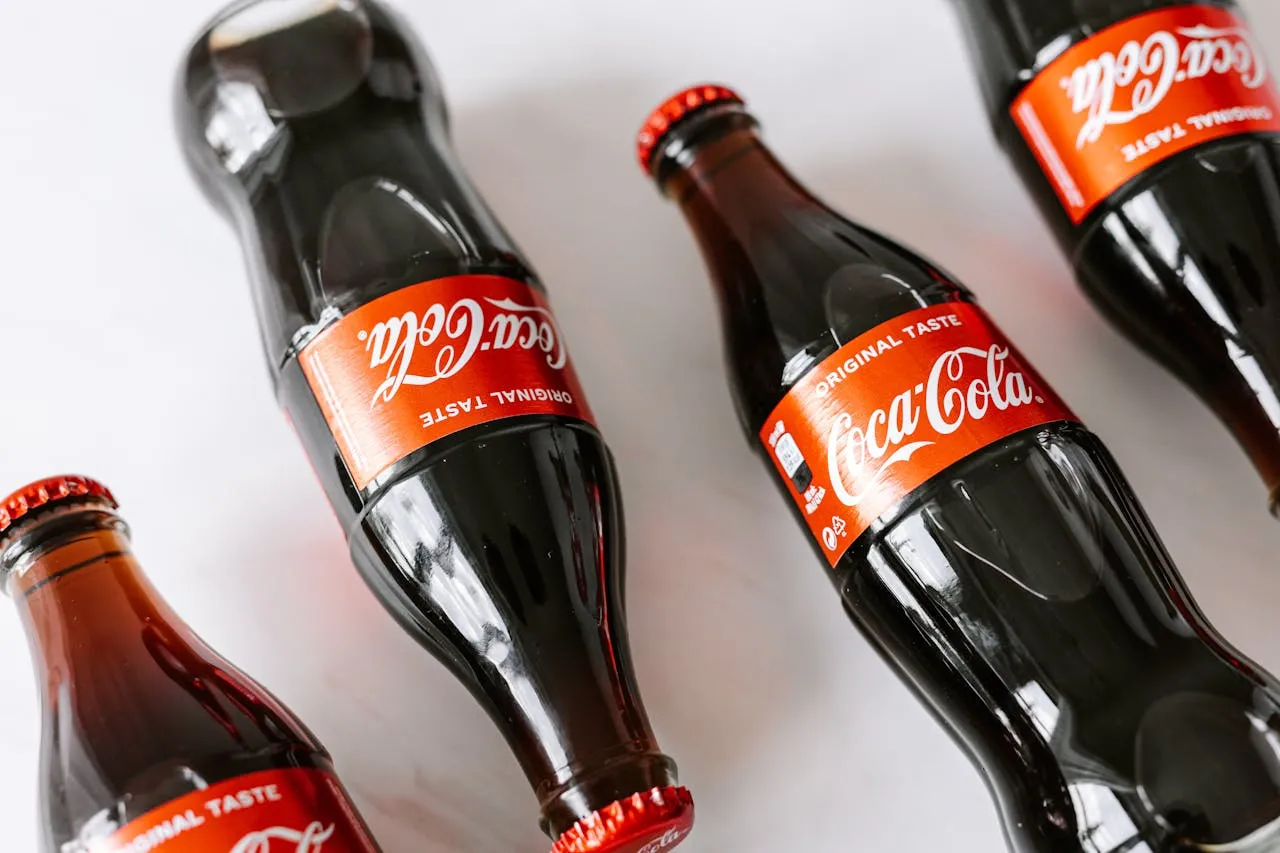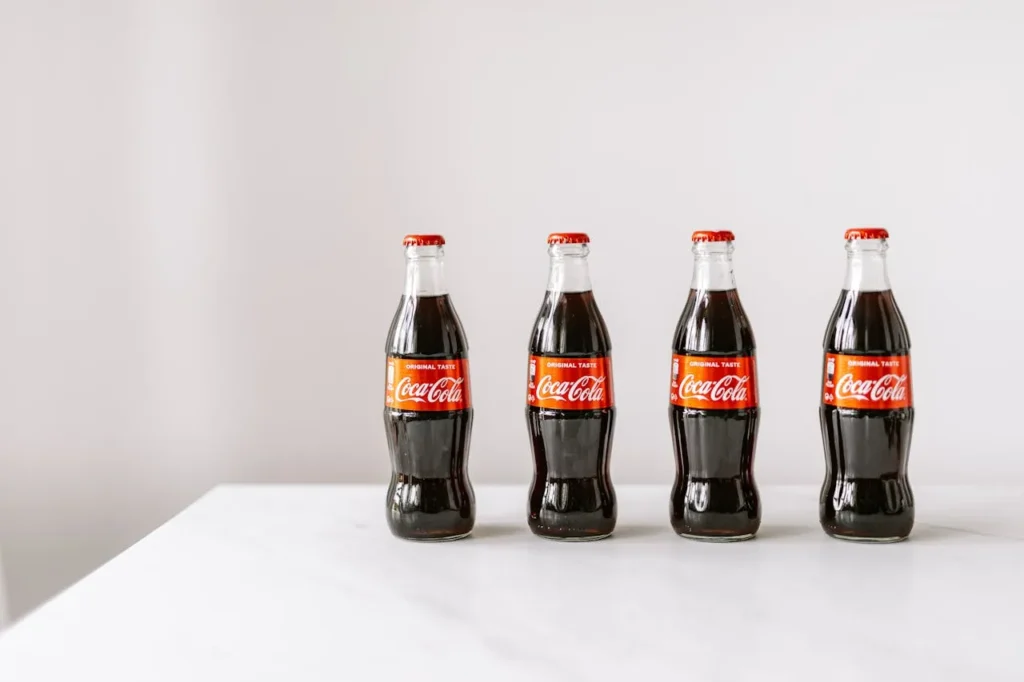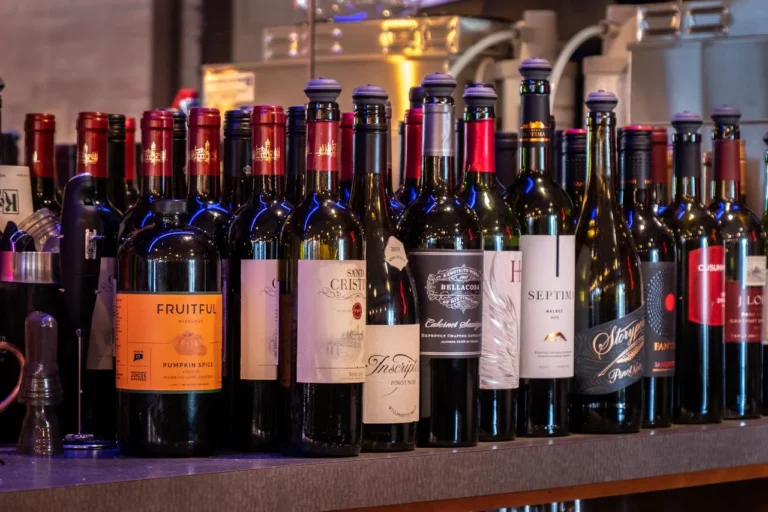
In a significant move toward sustainability and environmental stewardship, The Coca-Cola Foundation (TCCF) has joined forces with the Global Environment and Technology Foundation (GETF) to introduce an innovative partnership platform known as the Partnership for A Circular Tomorrow (PACT). This pioneering initiative is backed by an initial grant of US $1 million from TCCF, dedicated specifically to promoting circular economy principles. The aim is to support projects that develop new solutions and innovative service delivery models, accelerating efforts to reduce packaging waste and enhance waste recovery systems across the Eurasia and Middle East region.
This partnership marks an important milestone in the ongoing global effort to combat the growing challenges posed by waste management and environmental degradation. By focusing on circular economy approaches, which emphasize reusing, recycling, and reducing waste at the source, PACT seeks to not only mitigate environmental harm but also foster economic opportunities and social upliftment within the communities it serves.
Phase One: Launching High-Impact Initiatives Across Key Countries
The first phase of PACT is set to roll out in 2025 with strategic initiatives spanning five countries: Türkiye, the Kingdom of Saudi Arabia (KSA), Azerbaijan, Kazakhstan, and Uzbekistan. These countries represent a diverse and dynamic cross-section of the Eurasia and Middle East region, each facing unique waste management challenges but sharing a collective goal of building sustainable waste systems.
The initiatives launched under PACT will focus primarily on empowering waste workers—many of whom operate informally and lack access to proper support and resources—and scaling up growth-stage enterprises that are innovating in the waste sector. By doing so, PACT intends to support circular innovation ecosystems, help formalize waste recovery efforts, and enhance livelihoods, contributing to both environmental and socio-economic benefits.
Centrally coordinated by GETF, these programs will distribute grants ranging from US $100,000 to US $400,000 to selected projects. Recipients include NGOs, social enterprises, and startups that demonstrate impactful, scalable solutions for improving waste collection, sorting, recycling, and reuse. This funding mechanism reflects a deliberate effort to catalyze local innovation while providing the resources necessary to translate promising ideas into sustainable operations on the ground.
To explore the full scope of PACT and learn about application opportunities, interested parties can visit the official website at
Leadership Perspectives on PACT’s Vision and Impact
Monica Ellis, CEO of the Global Environment and Technology Foundation, expressed enthusiasm about the partnership and its potential impact. She remarked, “The Global Environment & Technology Foundation (GETF) is proud to partner with The Coca-Cola Foundation to help address critical waste management challenges in Eurasia and the Middle East. The PACT Fund aims to support innovation, improve waste recovery and accelerate the transition toward a circular economy regionally, building scalable solutions for long-term environmental resilience.”
Ellis’s comments highlight the broader ambition of PACT—not just to improve waste handling in the immediate term but to contribute toward systemic changes that foster sustainability and resilience. By building models that can be adapted and expanded over time, the partnership hopes to create lasting environmental and economic benefits across diverse communities.
Echoing this vision, Carlos Pagoaga, President of The Coca-Cola Foundation, emphasized the importance of collaborative efforts in addressing environmental challenges. He stated, “We’re excited to launch PACT with our partners to drive circular innovation and improve waste recovery in Eurasia and the Middle East. Our goal is to create robust value chains, support informal waste workers, and drive innovations in waste management, ultimately paving the way for a cleaner, more sustainable future.”
Pagoaga’s statement reflects The Coca-Cola Foundation’s longstanding commitment to environmental sustainability, particularly in the areas of packaging and waste reduction. By working hand-in-hand with local organizations and stakeholders, the foundation aims to build inclusive solutions that not only reduce waste but also empower individuals who play critical roles in the waste economy.

The Importance of Circular Economy in Waste Management
The concept of the circular economy is central to PACT’s mission. Unlike traditional linear models of consumption—which follow a “take, make, dispose” pattern—the circular economy promotes resource efficiency by extending product life cycles, maximizing reuse and recycling, and minimizing waste generation.
In regions like Eurasia and the Middle East, where rapid urbanization and population growth have led to increased waste production, adopting circular economy principles is crucial. Traditional waste management systems often struggle with inefficiencies, leading to environmental pollution, loss of valuable materials, and missed economic opportunities.
By incentivizing innovations that optimize material recovery and waste processing, PACT addresses these gaps. For example, initiatives funded through PACT may develop technologies for better sorting of recyclables, enhance supply chains for recovered materials, or create community-based programs that formalize informal waste collection networks.
Social Impact: Supporting Waste Workers and Community Empowerment
Beyond environmental goals, PACT places significant emphasis on the social dimensions of waste management. Informal waste workers, who collect and sort recyclable materials in many parts of the world, often face precarious working conditions, social stigma, and limited access to social protections or fair income.
The grants provided by PACT aim to uplift these workers by supporting enterprises and initiatives that improve working conditions, offer training and capacity-building, and create safer, more dignified employment opportunities. By integrating social equity with environmental sustainability, PACT envisions a future where the benefits of circular economy growth are shared widely and inclusively.
A Regional Focus with Global Relevance
While the initial geographic focus of PACT is Eurasia and the Middle East, the lessons and innovations generated through this platform have broader applicability. Many of the waste management challenges faced in these regions mirror those seen in other parts of the world, particularly in developing economies.
By demonstrating effective models and building scalable solutions, PACT could serve as a blueprint for circular economy initiatives globally. The collaboration between a major global corporate foundation and a dedicated environmental technology organization exemplifies how multi-sector partnerships can mobilize resources, expertise, and networks to tackle complex sustainability issues.




